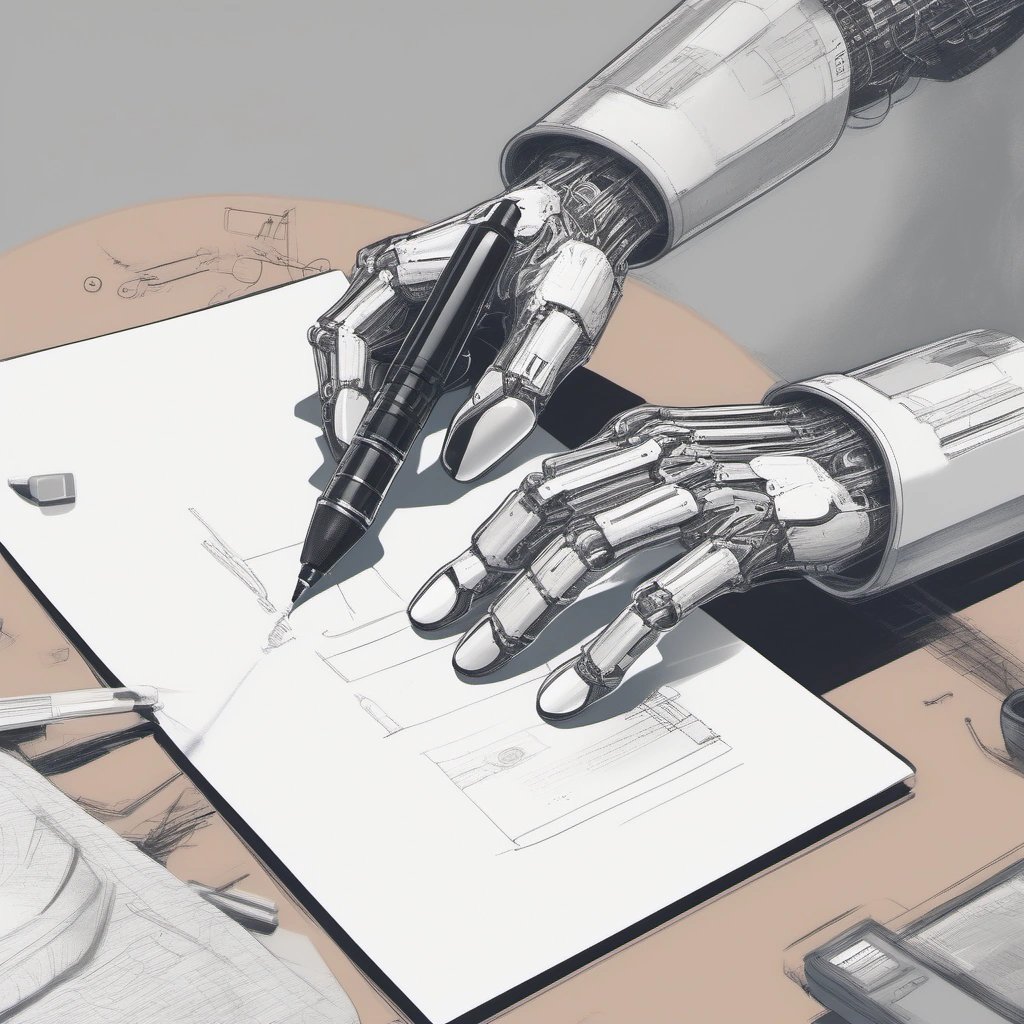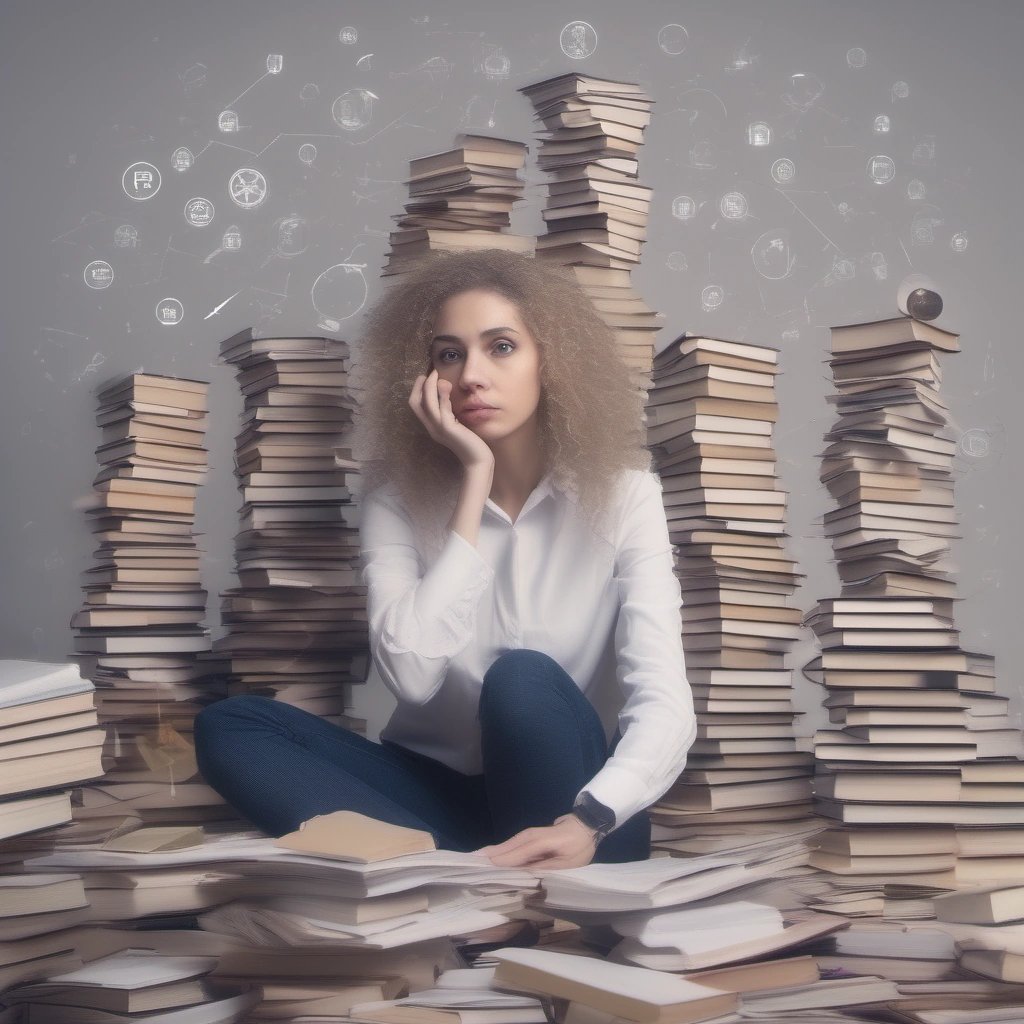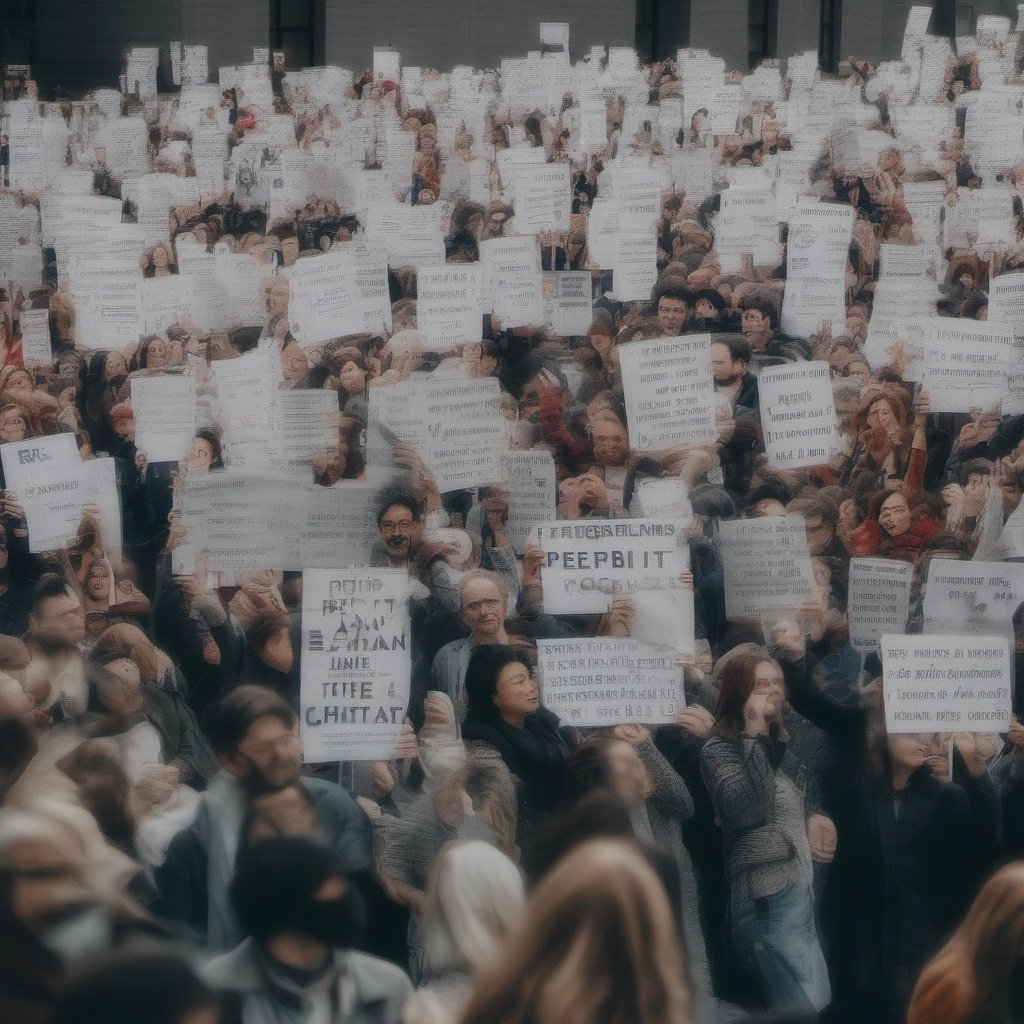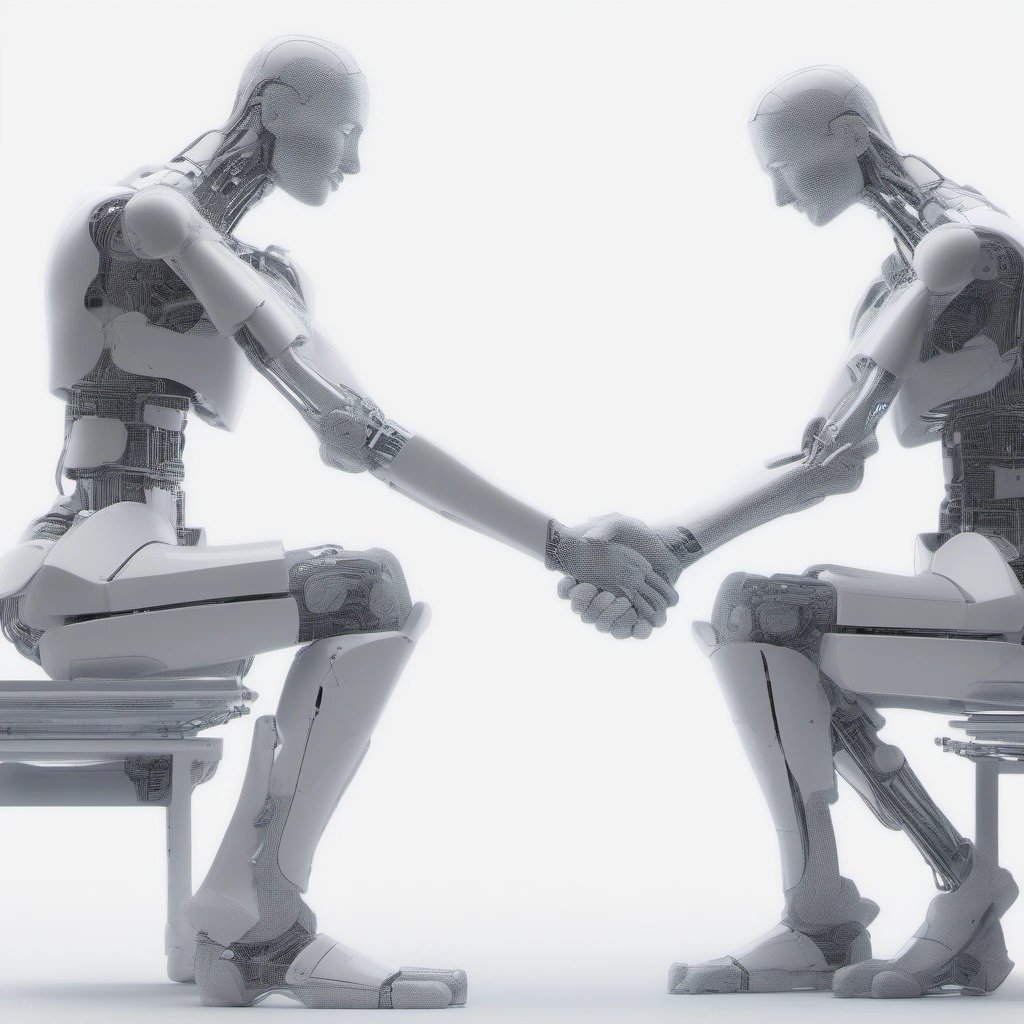In a world dominated by technology and AI advancements, there is an ongoing debate surrounding the creative capabilities of AI and its ability to generate original content. Can AI truly match the ingenuity and creativity of human writers? This question has sparked controversy and divided opinions among writers, scholars, and AI enthusiasts alike.
One perspective argues that human creativity is a product of complex neural connections and a vast repository of knowledge and experiences. Creativity stems from imagination, emotions, and the ability to think abstractly. These elements intertwine to form unique ideas and concepts that are often shaped by cultural and personal influences. It is believed that AI, with its algorithmic nature, lacks the depth and complexity required to replicate this creative process. After all, how can a machine possess the essence of human experience and emotions?
On the other hand, proponents of AI creativity argue that machines are capable of analyzing vast amounts of data and producing output that appears creative and original. This is achieved through a process of remixing existing material and generating new combinations based on learned patterns. AI models like ChatGPT are indeed impressive in their ability to generate coherent and contextually relevant text. However, critics argue that this process is fundamentally different from the human creative process, as it relies solely on pre-existing information without the ability to truly comprehend or have original thoughts.
The question then arises: can AI ever truly create content that is innovative and original? Some argue that AI is merely a tool that can assist human creators in their endeavors. It can streamline certain aspects of the creative process, such as generating ideas or providing inspiration. However, the role of the human writer in refining, interpreting, and infusing their unique perspective into the content remains crucial.
Furthermore, AI-generated content raises ethical and legal concerns. AI models like ChatGPT learn from existing texts, raising questions about plagiarism and intellectual property rights. While efforts are made to prevent direct copying, there is always a risk of unintentional similarities and the use of copyrighted material. This poses challenges for the creative industry, where originality and attribution are highly valued.
Despite the profound impact of AI on various industries, it is clear that human creativity remains unparalleled. The ability to think critically, draw from personal experiences, and express emotions through art, writing, and music is a unique human attribute. While AI can mimic elements of creativity, it lacks the underlying human essence that drives truly original and groundbreaking work.
In conclusion, the debate surrounding the creative capabilities of AI is nuanced and complex. While AI can generate impressive output and assist in certain creative tasks, it falls short in capturing the depth, complexity, and originality of human creativity. AI may continue to evolve and surprise us with its capabilities, but for now, the realm of true creativity seems to be firmly rooted in the domain of human imagination. Let us celebrate and cherish the irreplaceable uniqueness of human creativity while embracing the potential benefits that AI can bring to the creative process.



